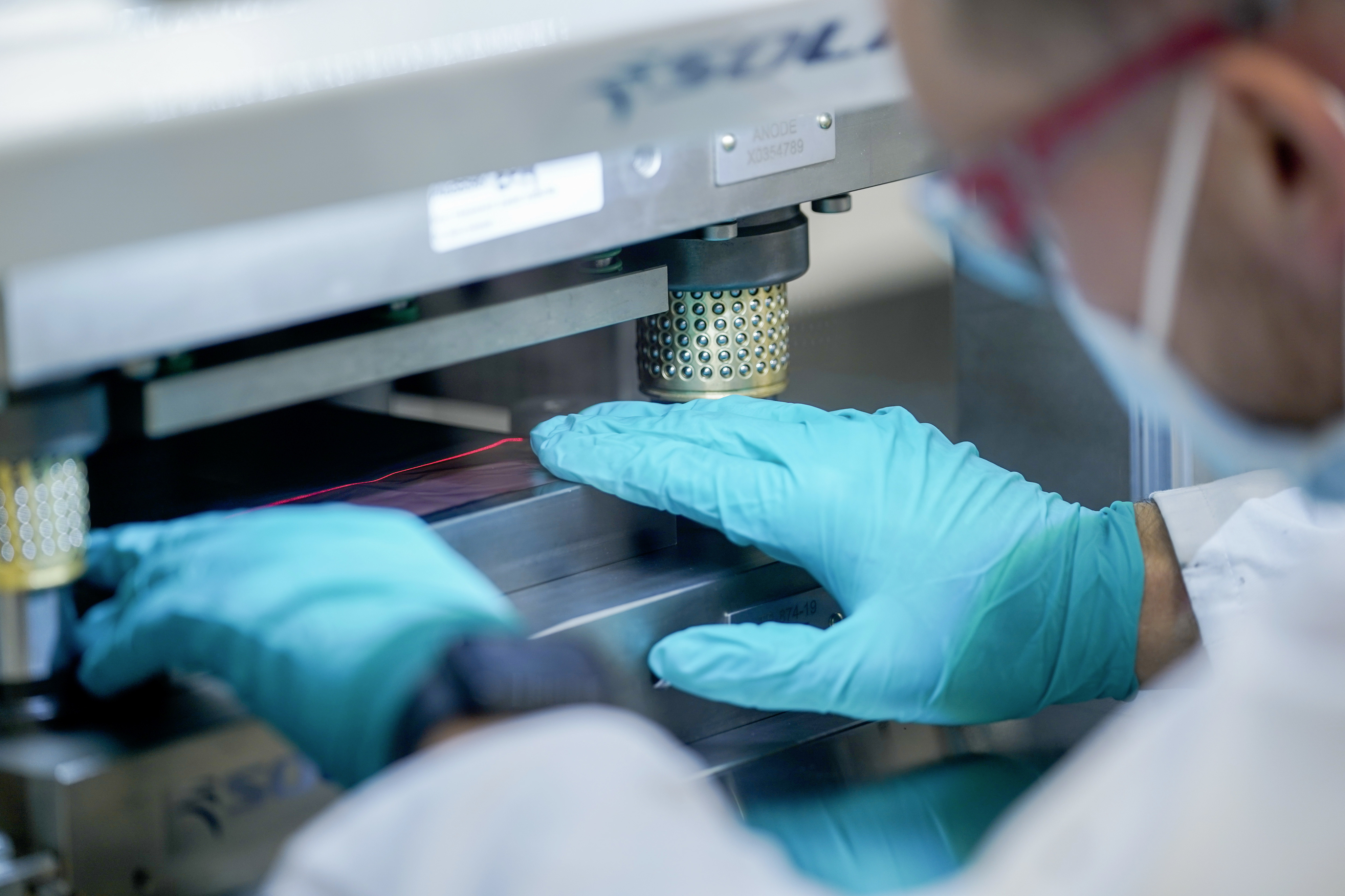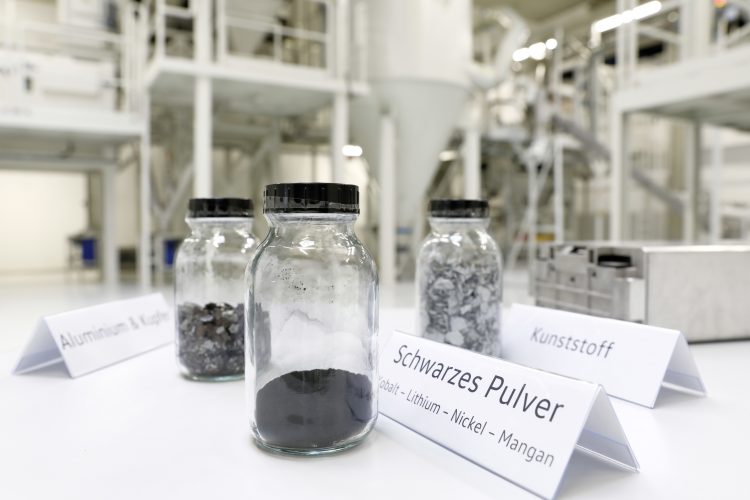Volkswagen has announced a consortium, named HVBatCycle, to see if it’s possible to keep cathode metals, electrolyte, and graphite permanently in a closed material cycle.
With leading car manufacturer Volkswagen at the helm, the consortium is also made up of hydrometallurgical manufacturing experts TANIOBIS GmbH, leading vacuum technology supplier J. Schmalz GmbH and X-ray technology company Viscom AG, along with researchers from RWTH Aachen University, TU Braunschweig and the Fraunhofer Institute for Surface Engineering and Thin Films (IST).

Funded by the Federal Ministry for Economic Affairs and Climate Action, the project will run for three years to research whether the most important components of traction batteries can be recovered and reused several times in succession through recycling.
This would reduce the need to source the essential raw materials needed for batteries from primary sources like salt flats and mines.
Michael Kellner, Parliamentary State Secretary, said: “European battery production can only be successful if it focuses on sustainability in as many areas as possible. Sustainable batteries are crucial for an energy and transport transition that is guided by high environmental and social standards.”

Chief Operating Officer for Battery Cells at Volkswagen AG, Sebastian Wolf, explained: “The recycling of batteries and production rejects makes a decisive contribution to securing the supply of raw materials for our planned factories. Through the HVBatCycle project, a holistic view of the recycling processes and thereby the implementation of the closed loop of battery materials is being prepared.”
Volkswagen opened its first battery recycling plant in Salzgitter in February 2021.


















Discussion about this post